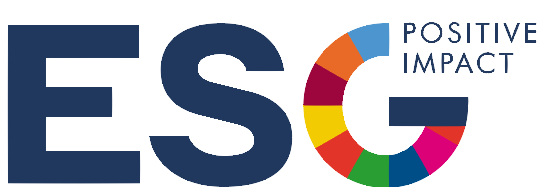In today’s rapidly changing world, an increasing number of individuals and businesses are recognizing the importance of their impact on the environment and society. To facilitate a better understanding and assessment of this impact, several tools and initiatives have emerged, including Sustainability Frameworks, ESG (Environmental, Social, and Governance) ratings and Indices, global goals, and international regulations. In this blog, we will delve into these concepts in a straightforward manner, shedding light on these global trends and their implications for a more sustainable future.
Sustainability Frameworks serve as crucial guiding principles for organizations aiming to achieve sustainability goals. These frameworks encompass a range of areas, such as environmental conservation, social responsibility, and ethical governance. One notable example is the United Nations Global Compact Principles, which call on businesses to adopt sustainable practices in their operations, supply chains, and overall business strategies. By adhering to these frameworks, companies can align their practices with global sustainability standards and foster positive impacts on the environment and society.
ESG ratings and Indices offer valuable insights into a company’s environmental, social, and governance performance. These assessments are utilized by investors, stakeholders, and consumers to gauge the sustainability efforts of a company. An entity with high ESG ratings is generally considered to be more environmentally responsible, socially conscious, and transparent in its governance practices. As a result, investors can make informed decisions about their investments, directing capital toward companies that prioritize sustainability and responsible business practices.
Alongside these private sector initiatives, global goals have emerged as powerful blueprints for addressing humanity’s most pressing challenges. One such initiative is the United Nations Sustainable Development Goals (SDGs). These 17 interlinked goals aim to eradicate poverty, combat climate change, and promote sustainable development on a global scale. Governments, businesses, and individuals are encouraged to align their actions and strategies with these SDGs, fostering collective efforts to create a more equitable and sustainable world for all.
In addition to global goals, international regulations and guidelines play a pivotal role in shaping sustainable practices across various industries and regions. Governments around the world are implementing regulations to address environmental concerns, promote social equity, and ensure responsible governance. Additionally, international organizations and industry bodies are devising guidelines and standards that encourage businesses to adopt sustainable practices voluntarily.
By incorporating Sustainability Frameworks, ESG ratings, global goals, and international regulations, businesses and individuals can adopt a holistic approach to sustainability. These initiatives not only provide clear guidelines for responsible behavior but also empower stakeholders to take meaningful action in their respective spheres.
In conclusion, the adoption of Sustainability Frameworks, the use of ESG ratings and Indices, commitment to global goals, and adherence to international regulations are integral to the pursuit of a sustainable future. Through collective efforts at the individual, organizational, and governmental levels, we can drive positive change and contribute to a world that is environmentally resilient, socially inclusive, and economically prosperous. Embracing these global trends will not only benefit us today but will also pave the way for a better world for generations to come.
Let us all be catalysts for positive impact and embrace sustainability as a way of life.

